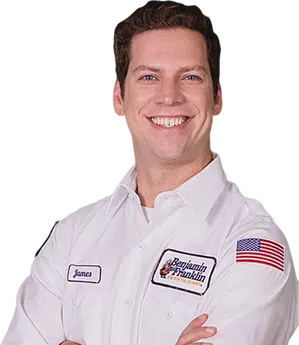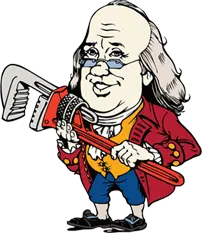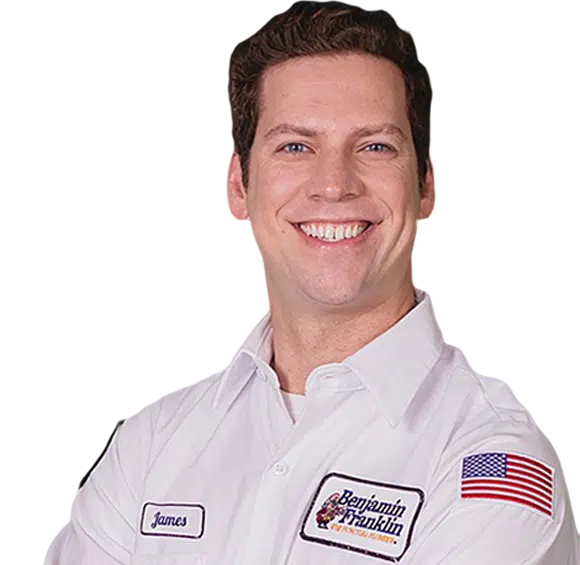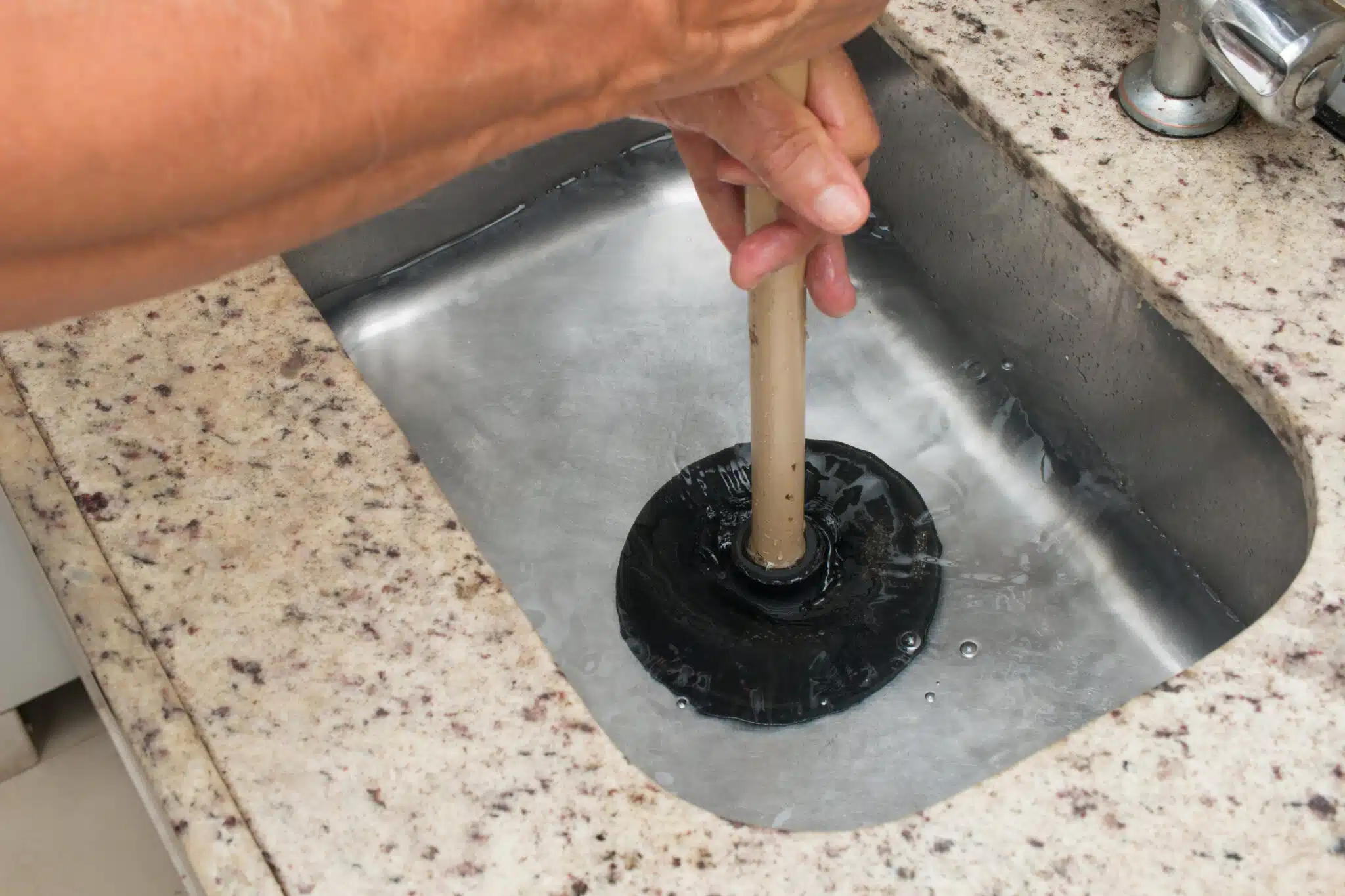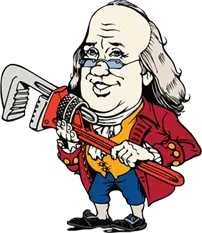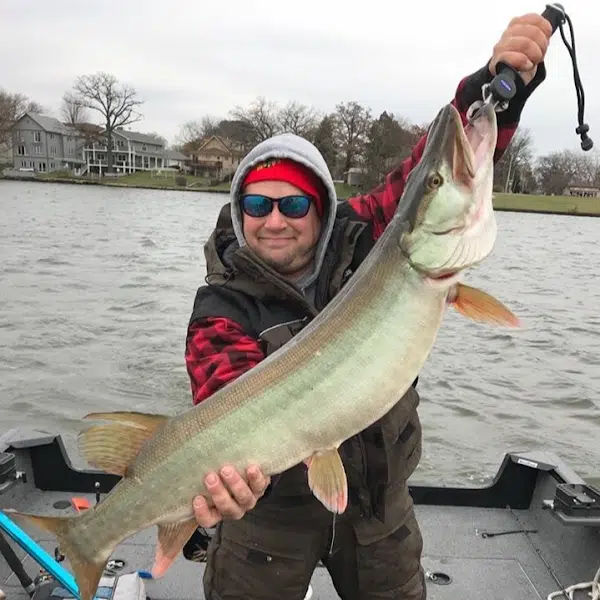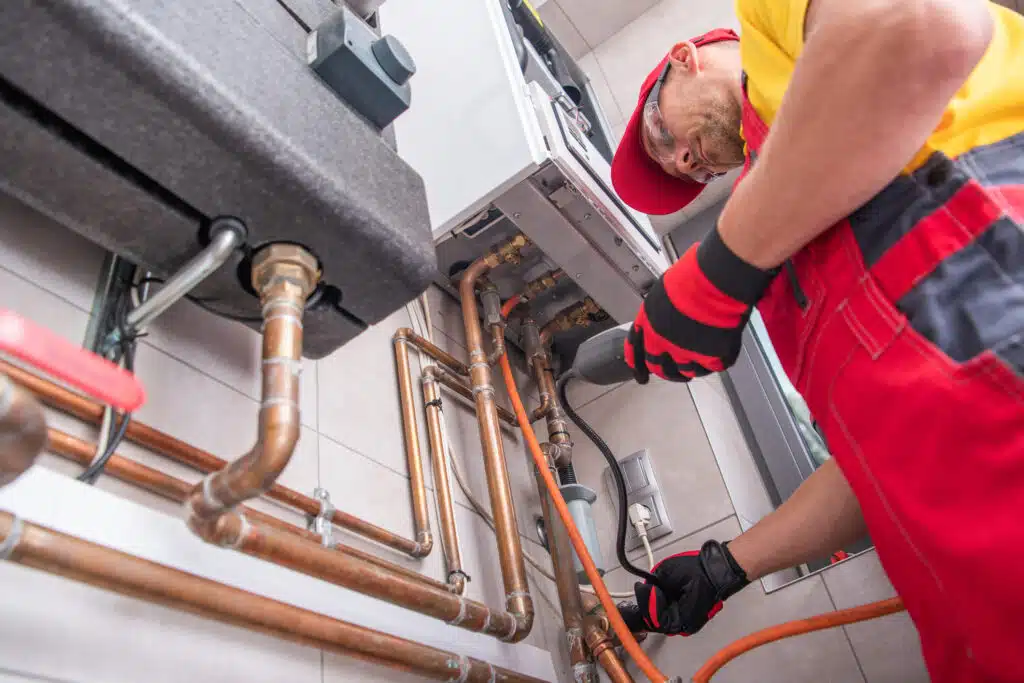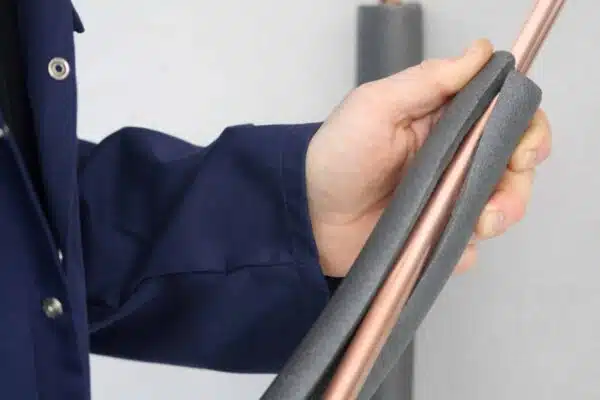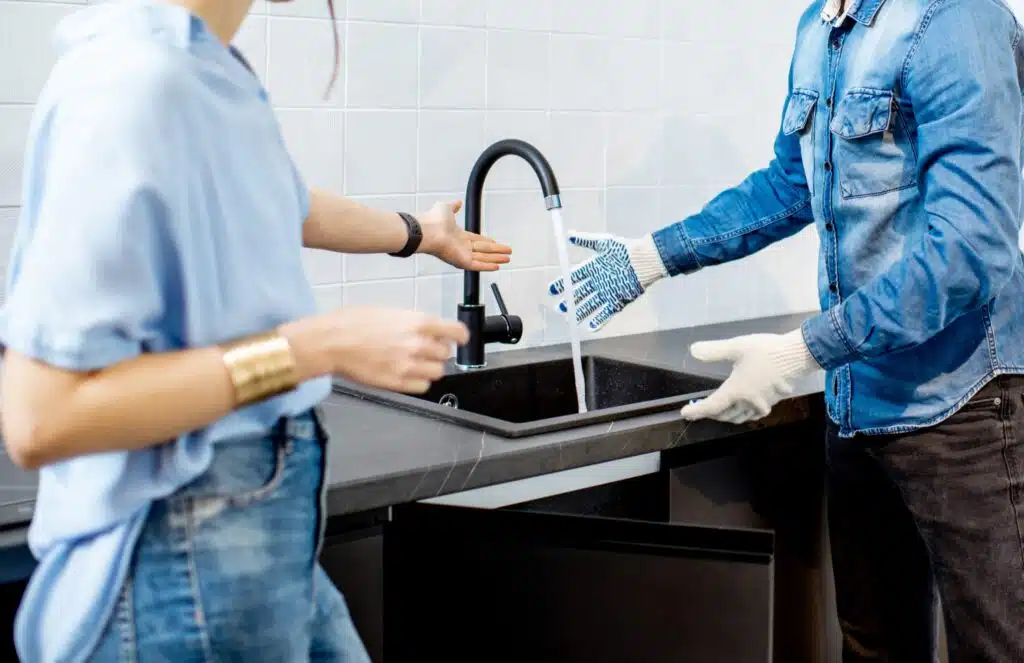Plumbing overflows can quickly turn from a minor inconvenience to a major headache for homeowners. Whether you’re in Harrisburg, PA, or Lancaster, PA, the risks remain the same. These unexpected issues can lead to significant water damage, costly repairs, and a lot of stress. Understanding how to prevent them is crucial for every homeowner.
Routine checks are your first line of defense against plumbing overflows. By keeping an eye on your system’s performance, you can catch small problems before they escalate. This proactive approach is far more cost-effective than dealing with the aftermath of an overflow. It’s all about being one step ahead of potential issues.
Emergency measures are equally important when it comes to managing plumbing overflows. Knowing what to do in the heat of the moment can minimize damage and give you peace of mind. Whether it’s turning off the water supply or quickly addressing clogs, your swift action can make a big difference. It’s about having the right knowledge at the right time.
In Lancaster, PA, and surrounding areas like Harrisburg, residents have access to professionals who can help prevent plumbing overflows. But understanding and implementing basic preventative strategies yourself can be empowering. It not only saves you money but also ensures your home remains a safe and comfortable place. With the right measures in place, you can significantly reduce the risk of plumbing overflows.
Understanding the Causes of Plumbing Overflows
To truly prevent plumbing overflows, it’s essential to understand their common causes. Clogged pipes are a frequent culprit, often resulting from accumulated hair, grease, or foreign objects. In cities like Lancaster, PA, the age of the plumbing system can also contribute to these blockages. Regularly clearing out drains can help maintain a smooth flow and prevent backups.
Another leading cause of plumbing overflows is a malfunctioning toilet. Whether it’s due to a flapper not sealing correctly or a fill valve issue, toilets can quickly lead to water spilling over. Homeowners in Harrisburg, PA, and beyond can benefit from periodically checking these components. This simple step ensures everything is functioning as it should, reducing the risk of overflows.
Pipe corrosion and damage are less visible but equally problematic. Over time, pipes, especially those in older homes, can deteriorate or become damaged, leading to leaks or bursts. Scheduling an annual inspection with a professional can help identify these issues early. This preventative measure is crucial for maintaining a healthy plumbing system.
Lastly, sewer system backups are a more severe cause of plumbing overflows. They can occur due to heavy rainstorms or blockages within the main sewer line. Installing a backwater prevention valve can offer a safeguard against these incidents. This device allows water to flow out of your property but prevents sewage from backing up into your home.
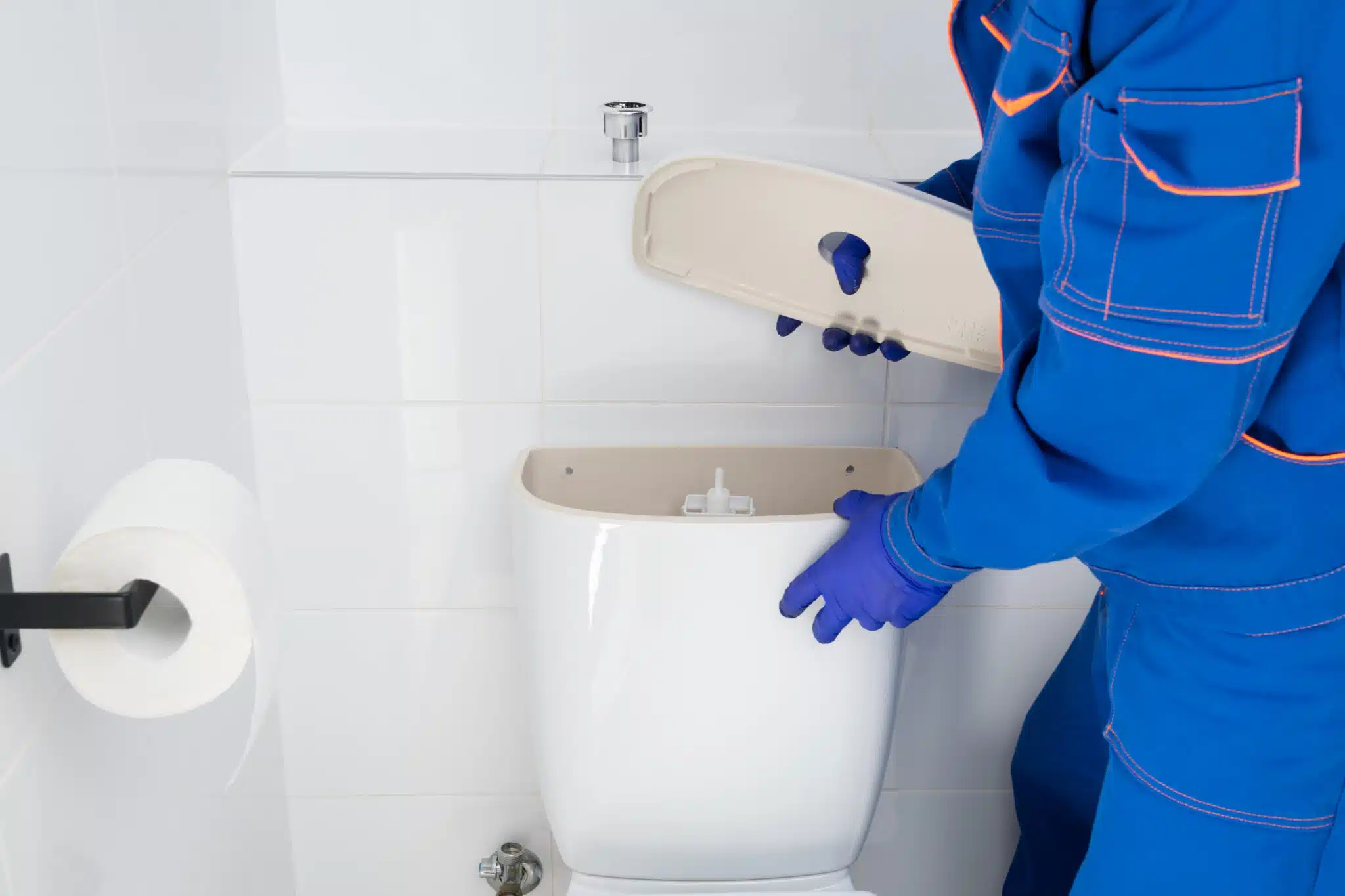
Regular Maintenance to Prevent Plumbing Overflows
Regular maintenance plays a pivotal role in preventing plumbing overflows, serving as a shield against the unforeseen chaos of water damage. By scheduling routine inspections, homeowners in Lancaster, PA, can identify and rectify minor issues before they escalate into major problems. These inspections should include checking for leaks, ensuring pipes are clear of obstructions, and verifying that all fixtures operate correctly. Adopting this proactive approach not only safeguards your home but also promotes a sense of security and well-being.
Implementing simple, daily practices can significantly reduce the risk of plumbing overflows. For instance, being mindful of what goes down your drains and toilets can prevent clogs and backups. Homeowners should avoid disposing of grease, coffee grounds, and non-flushable items in their plumbing system. By fostering these habits, individuals in Harrisburg, PA, and beyond can maintain a healthy flow through their pipes, preventing potential overflows.
Investing in upgrades and modern fixtures can also play a crucial role in averting plumbing overflows. With advancements in plumbing technology, newer models of toilets, faucets, and showerheads are designed to prevent leaks and overflows more efficiently. For those in older homes, upgrading to these modern fixtures can be a game-changer, enhancing the overall functionality and reliability of their plumbing systems.
Lastly, establishing a relationship with a professional plumber offers an additional layer of protection against plumbing overflows. These experts can provide valuable insights, perform detailed inspections, and recommend specific measures tailored to your home’s needs. Whether you’re located in Lancaster, PA, or the surrounding areas, having a trusted plumber on call ensures that you’re prepared for any plumbing challenge that may arise.
The Importance of Professional Inspections
Understanding the importance of professional inspections is key to preventing plumbing overflows. These inspections allow experts to thoroughly examine your plumbing system, identifying potential issues that might not be visible to the untrained eye. In Lancaster, PA, homeowners can benefit from the expertise of professionals who understand local plumbing challenges. This proactive step ensures that minor problems are fixed before they turn into major overflows.
During a professional inspection, plumbers use specialized tools and techniques to detect leaks, blockages, and wear in pipes that could lead to plumbing overflows. This detailed examination goes beyond routine checks, offering a deeper insight into the health of your plumbing system. Homeowners in Harrisburg, PA, and surrounding areas can rest assured knowing that their plumbing is in good hands. Regular professional assessments can significantly reduce the risk of unexpected overflows.
In addition to identifying current issues, professional plumbers can offer valuable advice on how to maintain your plumbing system effectively. They can recommend specific products or habits that help prevent clogs and backups, tailored to the unique needs of your home. This personalized guidance is invaluable, as it helps homeowners in Lancaster, PA, and beyond adopt practices that keep their plumbing functioning smoothly. Leveraging expert advice can make all the difference in avoiding plumbing overflows.
Finally, establishing a routine schedule for professional inspections can serve as a long-term strategy against plumbing overflows. This commitment to regular maintenance can save homeowners from the inconvenience and cost of emergency repairs. For residents of Harrisburg, PA, finding a reliable plumbing service for annual inspections can provide peace of mind. Through consistent professional oversight, the likelihood of plumbing overflows can be greatly minimized, protecting your home and your wallet.
How to Use Drain Covers to Avoid Overflows
Using drain covers is a simple yet effective method to prevent plumbing overflows in your home. They work by catching hair, soap pieces, and other debris that could clog your pipes. For residents in Lancaster, PA, this means less worry about blockages leading to unwanted water on your floors. It’s an easy step that can make a big difference in maintaining a clear and functional plumbing system.
In Harrisburg, PA, homeowners can find various types of drain covers to suit their specific needs. Whether it’s for the shower, bathroom sink, or kitchen, there’s a solution that fits. These covers are not only practical but also affordable, making them accessible to everyone. By investing in the right type, you can keep your drains free from obstructions and reduce the risk of overflows.
Cleaning your drain covers regularly is also crucial in preventing plumbing overflows. It ensures that the cover continues to effectively catch debris without becoming a blockage itself. This task takes minimal effort but has a significant impact on the overall health of your plumbing system. A clean drain cover means a smoother flow of water and less chance of unexpected issues.
Lastly, educating everyone in your household about the importance of drain covers can amplify their effectiveness. When everyone understands their role in preventing plumbing overflows, they’re more likely to use and maintain them properly. This collective effort helps keep your home in Lancaster, PA, safe from the hassles and damages caused by overflows. It’s a simple habit that contributes to the longevity and efficiency of your plumbing system.
Emergency Measures for Handling Plumbing Overflows
When plumbing overflows occur, acting quickly can prevent extensive damage to your home. The first step is to shut off the water supply immediately, a crucial move that stops water from flowing and gives you control over the situation. This action can be the difference between a minor issue and a costly repair, especially in homes in Lancaster, PA. Having the main water valve’s location in mind ensures you can react swiftly in any emergency.
After stopping the water flow, it’s important to address the source of the overflow. For instance, if a toilet is overflowing, a plunger can be an effective tool to clear the blockage and restore normal flow. In cases where a plunger isn’t enough, a plumber’s snake might be necessary to tackle deeper clogs. Homeowners in Harrisburg, PA, can benefit from keeping these tools handy for quick interventions.
Next, cleaning up the water promptly will help minimize water damage and the risk of mold growth. Using towels, mops, and wet vacuums can remove the water and dry out the affected area. It’s essential to also open windows and use fans to aid in drying, a step that can speed up the recovery process. This approach not only protects your property in Lancaster, PA, but also maintains a healthy living environment.
Lastly, contacting a professional plumber for a thorough inspection and repair is advisable. Experts can identify the root cause of the overflow, ensuring that a similar issue doesn’t occur in the future. They can also provide valuable tips on preventing plumbing overflows, tailored to your specific situation. For residents of Harrisburg, PA, having a trusted plumber’s contact information can offer peace of mind and quick access to professional assistance when it’s most needed.
Installing Overflow Alerts in Your Home
Installing overflow alerts in your home offers a modern solution to combat plumbing overflows effectively. These smart devices monitor water flow and detect unusual activity, sending instant alerts to your phone. This advanced warning system allows homeowners in Lancaster, PA, to act quickly, preventing potential damage. It’s a proactive step that adds an extra layer of security to your plumbing system.
Overflow alerts are easy to install and can be integrated with most home plumbing systems. They are designed to be user-friendly, providing peace of mind without requiring technical expertise. Residents in Harrisburg, PA, can benefit from this technology by staying informed about their home’s plumbing health. It’s an investment in preventing plumbing overflows and safeguarding your property.
Educating yourself on the functionality and maintenance of these devices is crucial. Regular checks ensure they are operating correctly, offering continuous protection against plumbing overflows. This diligence keeps your home in Lancaster, PA, safe from unexpected water damage. It’s a simple habit that can have a significant impact on your plumbing system’s reliability.
Finally, embracing overflow alerts as part of your plumbing maintenance routine can transform how you manage water in your home. It’s a smart approach that complements traditional methods, offering a comprehensive defense against plumbing overflows. For homeowners in Harrisburg, PA, integrating these devices can mean the difference between a minor inconvenience and a major disaster. It’s a modern solution for a timeless problem, blending technology with peace of mind.
The Role of Proper Waste Disposal in Preventing Overflows
Proper waste disposal plays a crucial role in preventing plumbing overflows, a common issue for households in Lancaster, PA. By being mindful of what goes down the drain, you can avoid clogs that lead to backups. It’s essential to dispose of grease, coffee grounds, and other non-biodegradable items in the trash, not the sink. This simple habit can significantly reduce the risk of plumbing issues.
In Harrisburg, PA, residents can take additional steps by using sink strainers in their kitchens. These devices catch food particles and other debris, preventing them from entering the plumbing system. Cleaning these strainers regularly ensures they continue to protect your pipes effectively. It’s an easy yet effective way to maintain a healthy flow and prevent overflows.
Educating everyone in your home about the importance of proper waste disposal is also key. When family members understand the consequences of flushing inappropriate items, they’re more likely to follow best practices. This collective effort helps keep your plumbing system running smoothly, safeguarding your home from potential overflows. It’s a team approach to preventing plumbing disasters.
Lastly, for those living in areas prone to plumbing overflows, considering professional waste management services might be a wise decision. These services can offer tailored solutions to ensure waste is disposed of correctly, reducing the strain on your home’s plumbing system. Investing in such services can provide peace of mind, knowing that your efforts to prevent plumbing overflows are supported by professionals.
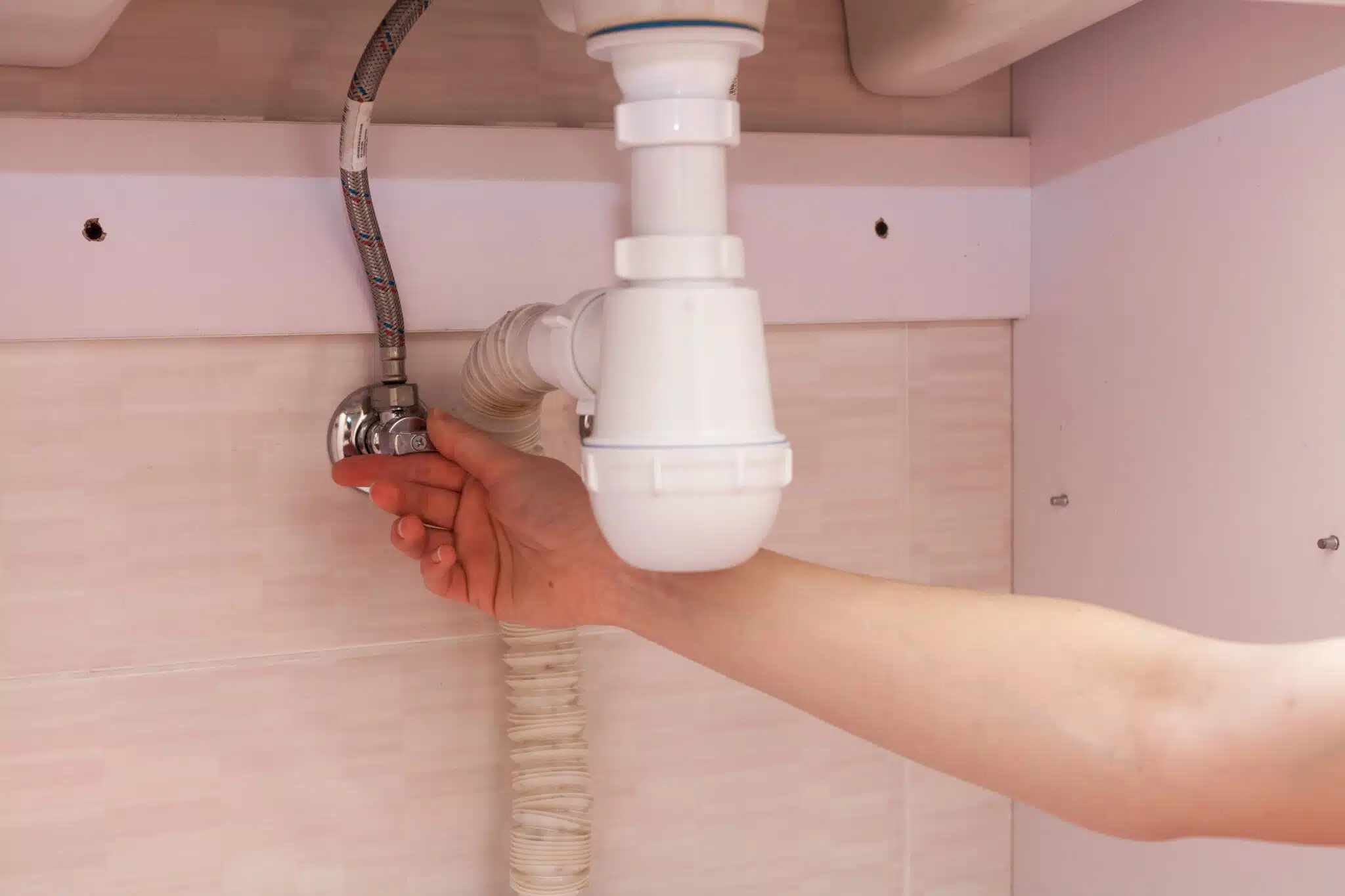
Tips for Safe DIY Plumbing Fixes
Tackling plumbing fixes on your own can be a rewarding way to prevent plumbing overflows, but it’s essential to approach these tasks with caution. Before starting any DIY project, researching and understanding the problem fully is crucial. This ensures you’re well-prepared to handle the task at hand without causing further issues. Residents in Lancaster, PA, can find a wealth of resources online or in local hardware stores to guide them through safe DIY plumbing fixes.
One of the first steps in any plumbing repair is to shut off the water supply to the area you’re working on. This simple action can prevent a minor fix from turning into a major overflow. Whether you’re fixing a leaky faucet or unclogging a drain, controlling the water flow is key. Homeowners in Harrisburg, PA, should familiarize themselves with the location of their main water shut-off valve as a precaution.
For those attempting to clear clogged drains, a plunger or a plumber’s snake can be effective tools. Using these tools properly can help remove blockages without the need for harsh chemicals that can damage your pipes. It’s also a more environmentally friendly solution, preserving the health of your plumbing system. By adopting these methods, you can often resolve minor clogs quickly and prevent plumbing overflows.
Lastly, if a plumbing issue seems too complex or if you’re unsure about any step, it’s wise to consult with a professional. Attempting repairs beyond your skill level can lead to significant damage and costly overflows. Professionals in Lancaster, PA, are equipped to handle complex plumbing problems efficiently. Remember, it’s better to seek help than to risk exacerbating the issue, ensuring your home stays safe from unwanted plumbing overflows.
Frequently Asked Questions
What causes plumbing overflows?
Plumbing overflows often start with clogged pipes, a common issue in many homes. Regular use leads to the buildup of hair, grease, and other debris. Faulty plumbing fixtures, such as broken valves, can also cause water to escape uncontrollably. To prevent these situations, it’s crucial to maintain and inspect your plumbing system regularly.
How can I unclog a drain safely?
To safely unclog a drain, start by using a plunger. This simple tool can often dislodge minor clogs effectively. If that doesn’t work, try a mixture of baking soda and vinegar, which can break down the buildup without harsh chemicals. Avoid using commercial drain cleaners, as they can damage your pipes and contribute to plumbing overflows.
What are signs of potential plumbing overflows?
Recognizing early signs of potential plumbing overflows can save you from water damage. Watch for slow draining sinks and toilets, a clear indicator of blockages. Unusual noises from pipes, like gurgling or bubbling, also signal trouble ahead. Lastly, any water pooling around fixtures should alert you to possible leaks that could lead to overflows.
Can regular maintenance prevent plumbing overflows?
Yes, regular maintenance is key to preventing plumbing overflows. By checking pipes and fixtures often, you can catch issues early. This includes clearing minor clogs before they worsen. Ultimately, this routine care keeps your plumbing running smoothly and reduces the risk of overflows.
Should I use chemical cleaners for clogs?
Using chemical cleaners for clogs might seem like a quick fix, but it’s not always the best choice. These harsh chemicals can corrode your pipes over time, leading to more serious plumbing overflows. Instead, opt for natural solutions or mechanical methods like plunging. They’re safer for your plumbing system and the environment, effectively reducing the risk of overflows.

